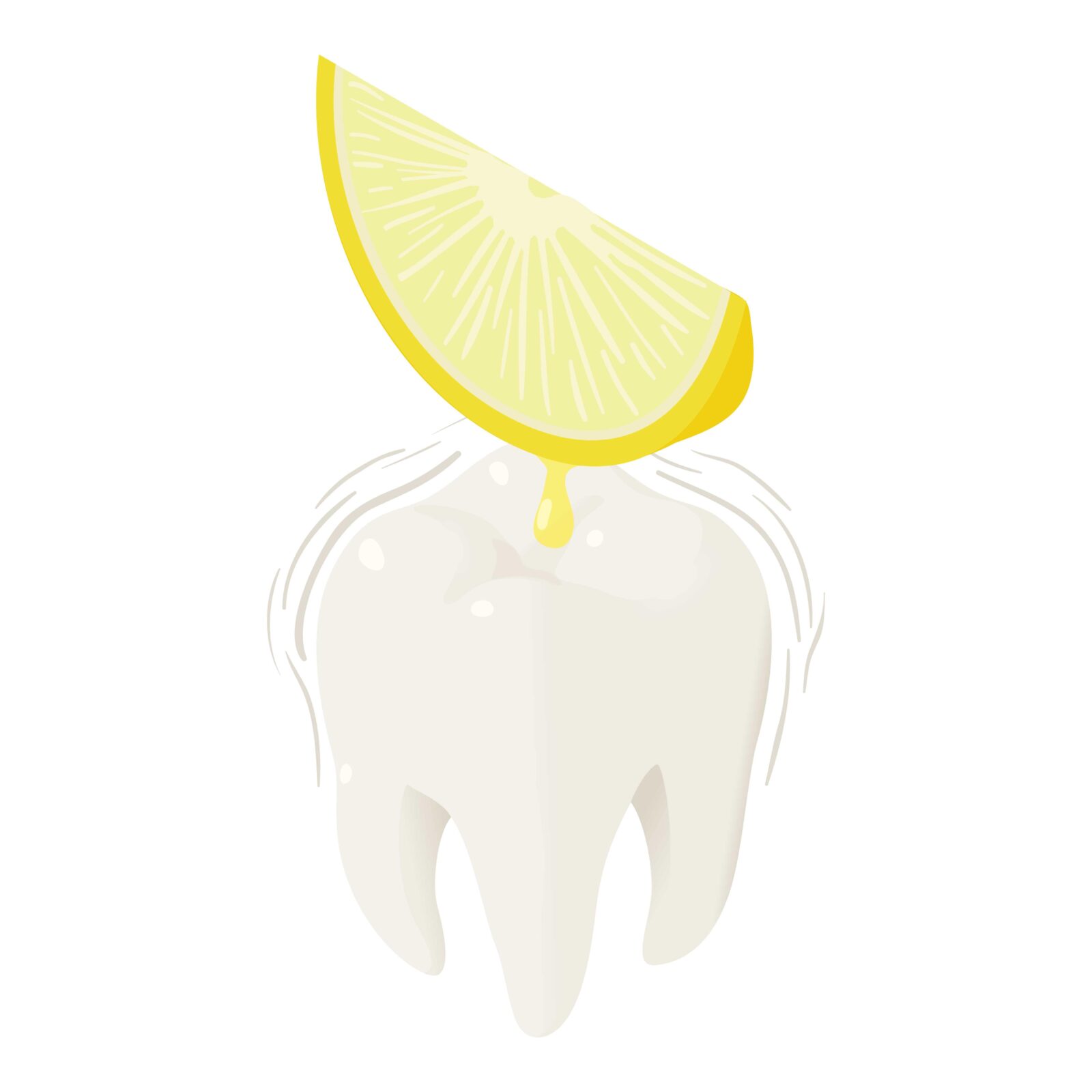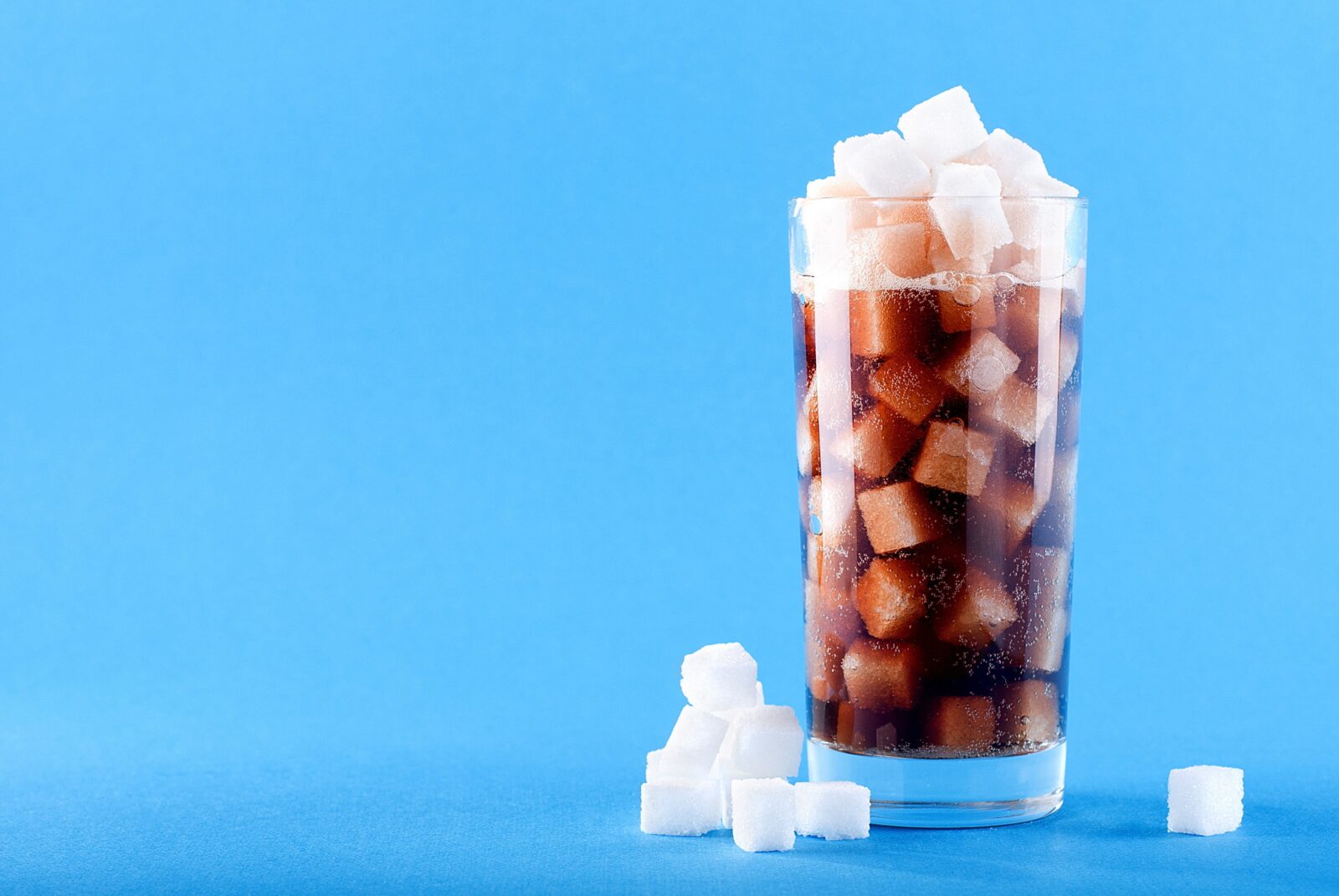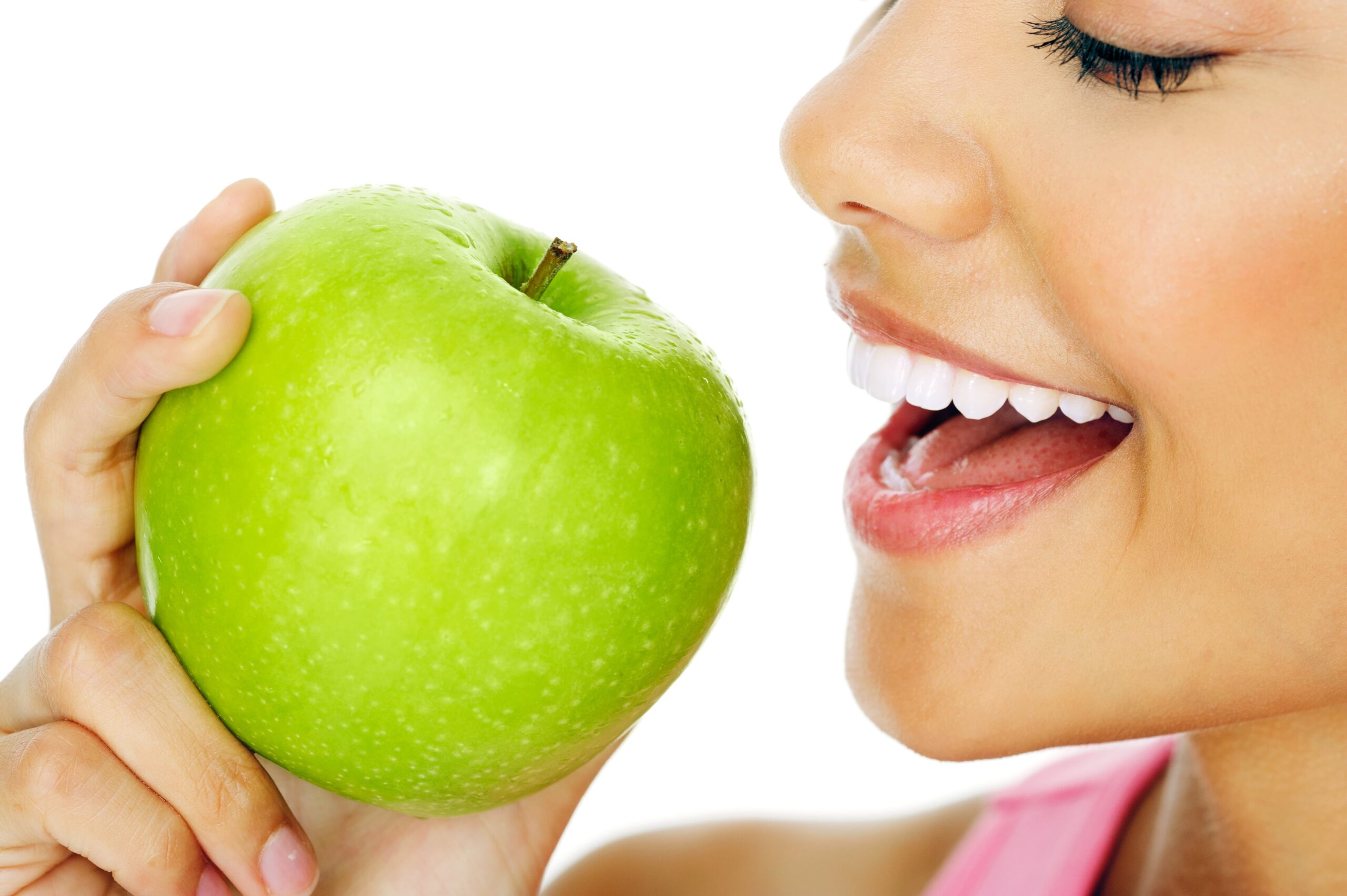The pursuit of a stunning smile often leads many to consider cosmetic dental procedures such as veneers, teeth whitening, and orthodontics. However, these treatments can be significantly complemented—or compromised—by our daily dietary choices. Every day, the choices we make at the dining table can either enhance the brilliance of our teeth or challenge the efforts we put into maintaining them. In this post, we’ll explore a variety of foods that are beneficial, harmful, and those that could tarnish the aesthetic appeal of your teeth. Join us as we navigate through these dietary impacts and learn how to optimize your eating habits for a dazzling smile.
The Relationship Between Diet and Oral Health
Diet plays a crucial role in the health of your teeth and gums, influencing oral health in several ways:
Tooth Decay and Cavities:

Foods high in sugars and carbohydrates can promote the growth of oral bacteria that produce acids. These acids attack the enamel (the hard outer surface of the teeth) and lead to tooth decay and cavities. Frequent snacking on sugary foods or beverages increases the time teeth are exposed to this decay process.
Enamel Erosion:
Acidic foods and drinks, such as citrus fruits, tomatoes, and carbonated beverages, can erode dental enamel. This erosion weakens the teeth, making them more susceptible to decay and sensitivity.
Gum Disease:
A diet lacking in essential nutrients can impair the body’s immune system, reducing its ability to fight off infections that may cause gum disease. Foods rich in antioxidants and other nutrients help to improve the health of gums and prevent inflammatory diseases.
Development and Maintenance of Oral Structures:
Nutrients such as calcium, phosphorus, and vitamin D are vital for developing and maintaining the integrity of teeth and bones in the jaw. A deficiency in these nutrients can lead to weakened structures, making them more susceptible to damage and disease.
Staining and Discoloration:
Certain foods and beverages, like coffee, tea, red wine, and some spices, can stain teeth. While not directly harmful to the structure of the teeth, these stains can affect the cosmetic appearance of one’s smile.
Oral pH Balance:
Foods that help maintain a neutral pH level in the mouth can prevent harmful bacteria from thriving. Cheese, for instance, can help neutralize the acids produced by other foods and increase saliva production, which acts as a natural mouth cleanser.
By choosing a balanced diet that is low in acidic and sugary foods and rich in nutrients, one can significantly reduce the risk of oral health problems while supporting overall health. Regular dental check-ups and good oral hygiene practices should accompany a healthy diet to maintain optimal oral health.
Foods That Can Harm Your Oral Health
Certain foods can negatively impact your oral health, leading to problems such as tooth decay, gum disease, and enamel erosion. Understanding which foods to limit can help you protect your teeth and gums:

- Sugary Foods and Beverages: Sugars are the primary culprits in tooth decay. When you consume foods high in sugars, bacteria in the mouth feed on these sugars, producing acids that attack tooth enamel.
- Acidic Foods and Drinks: Acidic items like lemons, oranges, grapefruits, and tomatoes, as well as beverages such as wine, coffee, and carbonated drinks, can erode tooth enamel over time, making them more susceptible to decay and increased sensitivity.
- Sticky and Chewy Foods: Sticky foods such as dried fruit, caramel, and chewy candy adhere to teeth for longer periods. This prolonged contact allows bacteria to produce acids that break down tooth enamel and can lead to cavities.
- Hard Foods: Chewing on hard foods, such as ice, hard candies, and unpopped popcorn kernels, can cause physical damage to teeth, such as chips, fractures, or even breakage.
By being mindful of these types of foods and limiting their intake, you can help prevent the development of dental issues and maintain a healthier mouth.
Foods That Promote a Healthy Smile
While some foods may pose a challenge to maintaining that pearly white shine, others can actually promote oral health and enhance the appearance of your smile:

- Dairy Products: Cheese, milk, and yogurt are rich in calcium and phosphorus, which can help to remineralize tooth enamel and keep it strong.
- Crunchy Fruits and Vegetables: Apples, carrots, and celery are not only nutritious but can act as natural toothbrushes. Chewing them helps to clean teeth and massage gums.
- Leafy Greens: Spinach, kale, and other greens are loaded with vitamins and minerals that promote oral health, including folic acid, which is thought to treat and prevent gum disease.
- Water: While not a food, drinking water is important to your oral health. Staying properly hydrated makes sure you produce enough saliva to keep your mouth clean and wash away harmful bacteria and acids.
Foods and Beverages That Can Stain Your Teeth
Certain foods and drinks are notorious for staining teeth, which can counteract the effects of teeth whitening treatments. Here are a few common culprits:
- Coffee and Tea: Both contain tannins, which can lead to staining and a dull appearance.
- Red Wine: It’s not just notorious for its heart-health benefits—red wine can also leave behind a telltale tint on your teeth.
- Dark Berries: While they’re excellent for your health, blueberries, blackberries, and other dark berries can stain dental enamel.
- Soy Sauce and Balsamic Vinegar: These dark-colored condiments can also contribute to discoloration over time.
Incorporating these foods into your diet doesn’t mean you have to give up on white teeth. Moderation is key, and it’s also effective to rinse your mouth with water after consuming these items to reduce their staining potential.
Supplements and Nutrients for Oral Health
Ensuring you get adequate vitamins and minerals can support your cosmetic dental treatments. Here’s what to focus on:
- Vitamin D: It helps in the absorption of calcium, which is vital for maintaining strong teeth and healthy gums.
- Vitamin C: This antioxidant is crucial for repairing tissues and reducing inflammation in the gums.
- Omega-3 Fatty Acids: Found in fish like salmon and in flaxseeds, omega-3s are anti-inflammatory and can support gum health, reducing the risk of gum disease.
Conclusion
In conclusion, understanding the impact of various foods on oral health is key to maintaining a healthy mouth. While indulging in certain foods like sugary snacks, acidic fruits, and hard candies can lead to dental issues such as cavities, enamel erosion, and even tooth damage, being mindful of these risks and moderating your intake can significantly mitigate them. By incorporating healthier food choices, maintaining good oral hygiene, and visiting your dentist regularly, you can protect your teeth and gums from potential harm. Remember, a healthy diet is not only good for your body but also essential for a bright and healthy smile.



